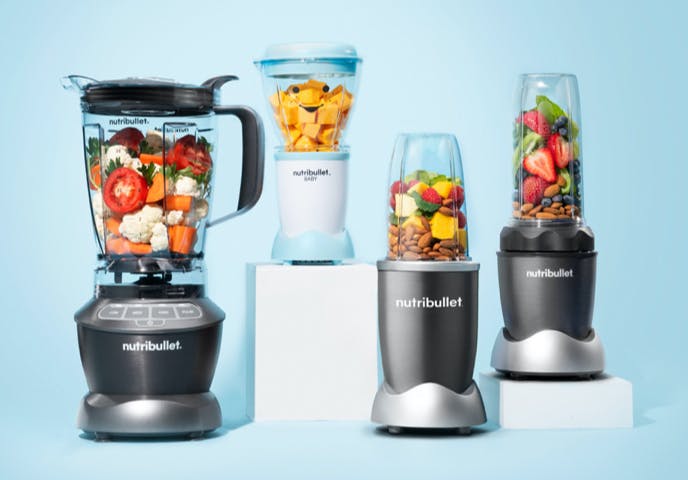Throughout 2016, we’ve seen a phenomenal number of diabetes medications released for use. They’re advertised on television with vibrant backdrops, uplifting music, and smiling people with perfect blood sugars, thanks to the “perfect medicine.”
With the release of new medications that promise results, more and more people are leaving the physician’s office with the idea that medicine is the magic that will solve all of their problems. Combine that with the lack of diet-related resources in the doctor’s office and you’ll have people thinking this:
“Diet must not be important after all.”
This is absolutely not the message that anyone should be leaving the doctor’s office with. By eating well-balanced, high fiber, and low fat meals regularly, people can tremendously reduce their likelihood of becoming diabetic. If a person already has diabetes, eating a diet high in vegetables, lean protein, select fruits, whole grains, and fat-free dairy products can help keep the blood sugars within normal range.
2017 will hopefully bring about a REJUVENATION OF EDUCATION!
Without basic diet balance, the magic of health and wellness is lost. The wonderful thing about having a nutribullet is that it makes getting your vegetables and much-needed nutrients easier than ever with hundreds of diabetic-friendly recipes to choose from.
Unless we stay committed to adding important vegetables to our diets in 2017, we run a high risk of the slow but steady fade of health and wellness.
Medication cannot do it alone!
For 2017, those with diabetes should take advantage of Diabetes Education. Most insurance covers annual education programs with a Dietitian and/or Certified Diabetes Educator. Those with Medicare are covered for up to 10 hours with a Certified Diabetes Educator – one hour the first year and two hours of follow-up training every year thereafter.
Given the amount of new information continuously becoming available, an annual follow-up will keep you up-to-date on ways to improve your health. Additionally, attending classes annually will help keep the information engrained in your mind so that you can fully grasp the concepts and correctly apply them.
Most individuals spend more time sitting at drive-thru windows than getting sound health and wellness information each year. Setting aside just a small fraction of your time will make a huge difference in your health.
So, for 2017,
- Take your medications as prescribed. Read the pharmacy guides to ensure the timing and dosages are correct while being attentive to side effects. Don’t skip doses.
- Meet a Dietitian and get a personalized nutrition plan to meet your needs.
- Meet with a Diabetes Educator this year if you haven’t met with one in a couple of years.
Many times, it’s possible to find a Dietitian and Diabetes Educator in one. This gives you more bang for your buck and the same person may be able to provide answers for all of your concerns regarding medications, supplements, diet, and exercise. See your physician at least once every six months. For a thorough review of your Hemoglobin A1C, schedule a visit every three months.
- See your Podiatrist at least once a year, even if there are no noticeable issues.
- See your Dentist at least once a year. Every 6 months is preferred.
- See your Eye Doctor at least once a year. Every 6 months is preferred.
Do not wait for a problem to make these appointments. Having a baseline examination is important as many issues go unnoticed by the untrained eye. You can prevent a major health complication by catching it in its early stages, so make that appointment!
Focus on yourself and your health in 2017! By eating a well-balanced diet, staying physically active, taking your medications as instructed, and regularly checking in with your physician, you’ll be on the right track for better health and wellness.



















